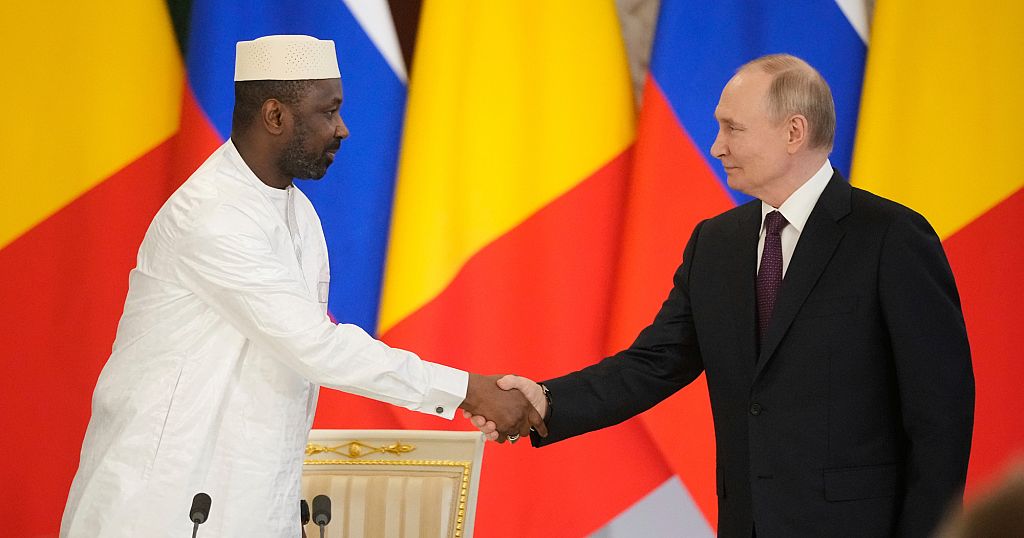Russia has replaced its controversial Wagner Group mercenaries in the Sahel with a new state-run paramilitary force, signaling a strategic shift to deepen its influence across the region, according to a report by the Timbuktu Institute, a West African think tank. The transition, marked by Wagner’s official withdrawal from Mali on June 6, 2025, and the immediate launch of the Africa Corps the following day, reflects Moscow’s efforts to consolidate its military and diplomatic reach under a more formal structure. The move raises concerns among analysts about prolonged instability and human rights risks in a region already grappling with jihadist insurgencies and political upheaval.
The Africa Corps, announced by Russia’s Ministry of Defense, operates under direct government oversight, contrasting sharply with Wagner’s status as a nominally private entity. The Timbuktu Institute’s report, titled Russian Repositioning in the Sahel – From Wagner to Africa Corps, argues this restructuring ends any pretense of Moscow’s detachment from military activities in Africa. “Plausible deniability has evaporated,” the report states, noting the new force is explicitly tied to Russian military intelligence. While Wagner’s three-year presence in Mali drew international condemnation for alleged atrocities, including the 2022 massacre of civilians in Moura, analysts warn Africa Corps could perpetuate similar patterns under an official banner.
The Sahel’s strategic importance, spanning critical mineral resources and migration routes, has made it a focal point for global powers. Russia’s pivot to a formalized military presence follows France’s withdrawal from Mali in 2022 and aligns with efforts by regional juntas to distance themselves from former colonial ties. Mali’s military-led government, which welcomed Wagner in 2021 to combat insurgents, has yet to comment on the Africa Corps deployment. However, experts suggest the partnership allows Moscow to secure economic concessions, such as access to gold mines, while bolstering diplomatic leverage.
Critics emphasize the humanitarian implications. The Timbuktu Institute’s report highlights unresolved allegations against Wagner, including extrajudicial killings, torture, and collateral damage during counterterrorism operations. Local advocacy groups fear Africa Corps will replicate these abuses under the cover of state legitimacy. Meanwhile, regional stability remains precarious: the United Nations estimates over 2.5 million people have been displaced by violence in the central Sahel since 2020, with jihadist groups expanding operations into coastal West African states.
Russia’s recalibrated strategy underscores its ambition to challenge Western influence in Africa, leveraging security partnerships to advance geopolitical goals. The Africa Corps’ establishment reflects a broader trend of foreign powers militarizing development aid, with implications for governance and sovereignty in fragile states. As the Sahel enters a new phase of geopolitical competition, the ripple effects of Moscow’s overt footprint are poised to shape the region’s trajectory for years to come.
